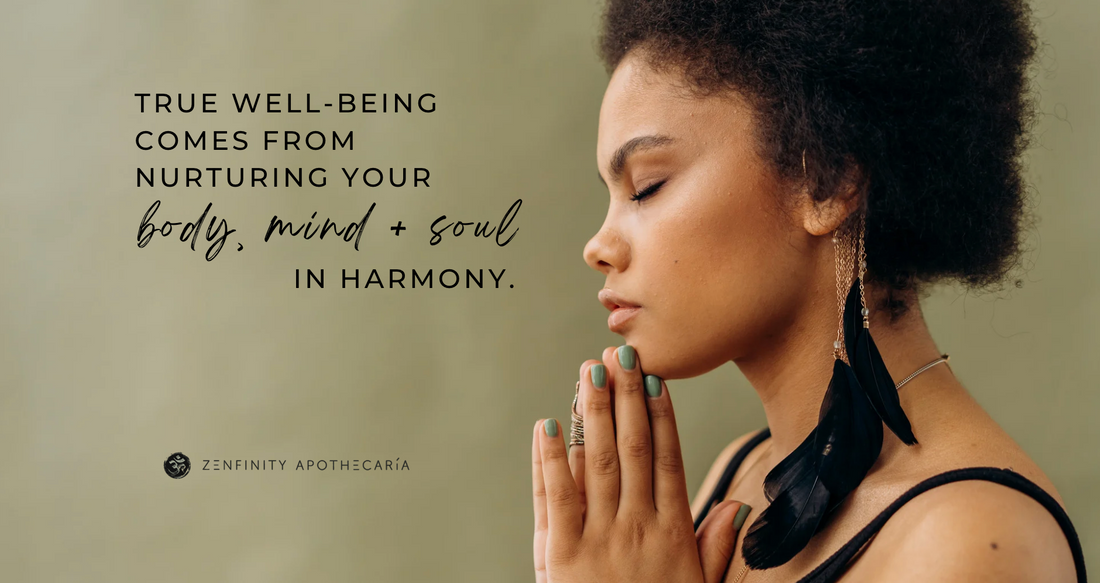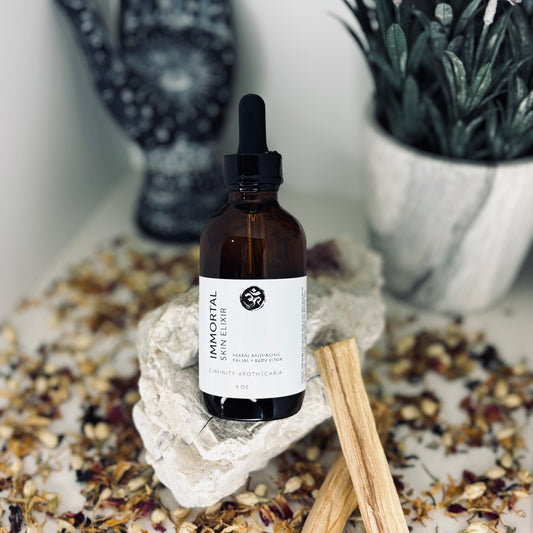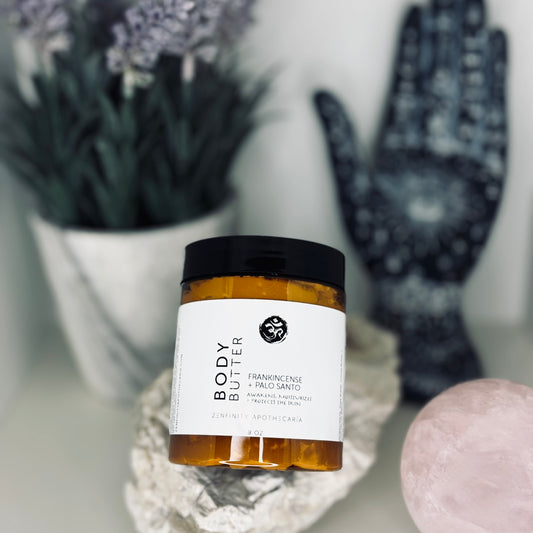In a world where self-care trends and wellness practices are ever-growing, it’s easy to be bombarded with advice on how to achieve “well-being.” From fitness routines to meditation apps, the modern approach to well-being often focuses on specific aspects of life—exercise, nutrition, mental health—without considering how these elements interconnect. True well-being, however, is not found in isolated improvements in one area but in the harmonious integration of the body, mind, and soul.
In this article, we explore the profound importance of nurturing all three aspects of your being, offering a holistic approach to achieving genuine and lasting well-being.
The Body: The Vessel of Life
Our bodies are the physical foundation of our existence. They carry us through daily life, allowing us to engage with the world around us. Without a healthy body, achieving balance in other areas becomes much more difficult. The body needs proper nourishment, movement, rest, and care to function at its best.
-
Nutrition
The food we consume is the fuel that powers our bodies. A diet rich in whole foods, such as fruits, vegetables, whole grains, herbs and lean proteins, supports energy levels, immune function, and overall vitality. It's not just about eating what’s “healthy” but also about cultivating a mindful relationship with food, appreciating its role in sustaining our energy and well-being. -
Movement
Regular physical activity is vital for maintaining a healthy body. Exercise improves cardiovascular health, strengthens muscles, boosts mood through the release of endorphins, and increases lifespan. Movement can take many forms, from yoga to hiking to dancing—finding an activity you enjoy ensures that exercise becomes a sustainable part of your life. -
Rest and Recovery
The body needs rest to recover, repair, and rejuvenate. Sleep is essential for mental clarity, emotional regulation, and physical restoration. Without adequate sleep, even the most robust body can falter. Massage therapy is essential care assistance for recovery especially when you put too much strain on your body. Giving yourself permission to rest and recover when needed are key to sustaining well-being.
The Mind: The Gateway to Clarity and Peace
The mind is the engine of our thoughts, perceptions, and beliefs. It shapes our view of the world and influences our actions. Mental well-being is just as crucial as physical health in the pursuit of balance, and it is deeply interconnected with both the body and the soul. When the mind is clouded with stress, anxiety, or negativity, it can drain energy and undermine physical health.
-
Mindfulness and Meditation
Mindfulness practices help cultivate awareness of the present moment, reducing the tendency to dwell on past regrets or future worries. Meditation is one of the most effective ways to calm the mind, enhance focus, and reduce stress. By engaging in daily meditation, we can train the mind to be more peaceful, allowing us to respond to challenges with clarity and composure. -
Emotional Awareness
Mental well-being is not just about eliminating negative thoughts but also about developing emotional intelligence—the ability to understand and manage our emotions. Emotions are messengers that provide valuable information about our needs, boundaries, and desires. Learning to listen to these emotions, without judgment, creates a healthier relationship with our inner world. -
Continuous Learning
Our minds thrive when engaged with new ideas and challenges. Lifelong learning—whether through reading, problem-solving, or creative endeavors—keeps the mind sharp and agile. Intellectual curiosity stimulates the brain, preventing stagnation and fostering a sense of purpose and fulfillment.
The Soul: The Essence of Who We Are
The soul is the deepest, most intrinsic aspect of our being. It is the part of us that connects to our sense of purpose, values, and spirituality. When the body and mind are nurtured but the soul is neglected, a sense of emptiness or disconnection can arise. True well-being comes from recognizing the importance of the soul and taking time to nourish it.
-
Connection to Purpose
A sense of purpose anchors the soul and provides a framework for meaningful living. This could be a career that aligns with your values, a creative project that brings you joy, or a commitment to helping others. When we feel that we are contributing to something larger than ourselves, it provides us with inner fulfillment and satisfaction. -
Spirituality and Inner Peace
Whether through organized religion, personal spiritual practices, or a deep connection to nature, spirituality offers a source of solace and strength. Nurturing your soul might involve prayer, meditation, or simply spending time in silence, reflecting on the deeper mysteries of life. Practices that help you cultivate a sense of inner peace and interconnectedness with the world support emotional and psychological well-being. -
Self-Compassion and Acceptance
Our souls thrive when we treat ourselves with kindness, acknowledging that we are worthy of love, care, and respect. Self-compassion is about accepting all parts of ourselves—our flaws, imperfections, and mistakes—while also embracing our strengths and potential. When we love ourselves unconditionally, we foster a sense of peace and contentment within our soul.
The Harmony of Body, Mind, and Soul
True well-being is not simply about maintaining a healthy body or cultivating a peaceful mind in isolation; it’s about how these elements work together in harmony. When we nurture our body, mind, and soul as interconnected parts of a whole, we experience a profound sense of balance and alignment.
-
Holistic Health
Achieving holistic well-being involves integrating practices that support the body, mind, and soul in everyday life. It’s about finding balance between work and rest, movement and stillness, thinking and feeling. For example, a balanced diet supports mental clarity, while regular exercise can help alleviate stress and enhance emotional well-being. When all three aspects are nurtured together, we experience vitality, inner peace, and a deep sense of fulfillment. -
Living with Intention
Living intentionally means being aware of how your daily choices affect your overall well-being. It involves setting goals that honor your mind, body, and soul, and making decisions that align with your deepest values. Whether you’re choosing what to eat, how to spend your time, or who to spend your life with, acting with intention creates a sense of purpose and harmony. -
Self-Care as a Lifestyle
True well-being is not a destination but a lifestyle. It's a continuous practice of self-care that encompasses physical health, mental clarity, and spiritual nourishment. By taking small, consistent steps to nurture your body, mind, and soul each day, you create a life that is balanced, meaningful, and full of joy.
Conclusion
Well-being is not just about being healthy in one area of life; it’s about cultivating a harmonious existence where the body, mind, and soul work together to support each other. True well-being comes from nurturing all three aspects of your being with care, intention, and compassion. By prioritizing physical health, mental clarity, and spiritual peace, you create a life that is rich in fulfillment and inner harmony.
The path to well-being is a personal journey, but when we approach it with balance and mindfulness, we open ourselves up to a life that is truly nourishing in every sense.





